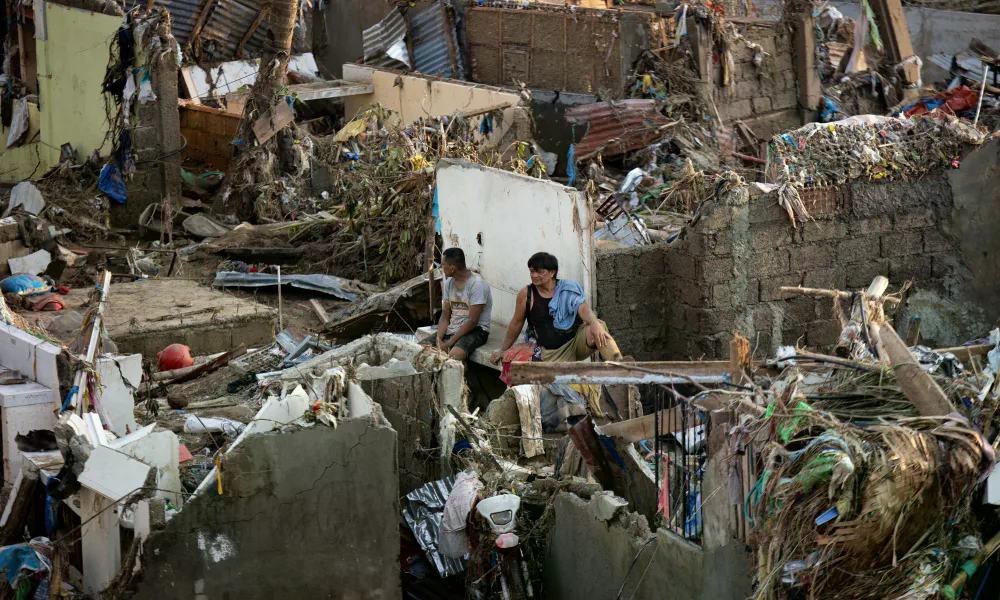
This year is expected to rank among the hottest on record, deepening the global climate crisis and increasing the risk of irreversible environmental damage, according to a recent report by the United Nations. The findings highlight the accelerating pace of global warming and the urgent need for action.
The World Meteorological Organization (WMO) has stated that 2023, 2024, and 2025 are likely to be the three hottest years ever recorded. This year is projected to be the second or third warmest in the 176-year history of temperature records. The WMO released its report ahead of the upcoming COP30 UN climate summit in Brazil, emphasizing the growing urgency of addressing climate change.
The report underscores alarming trends, including record levels of greenhouse gas concentrations, which are locking in additional heat for future decades. It also notes that the past 11 years, from 2015 to 2025, have all been among the 11 warmest on record. These developments make it increasingly difficult to meet the goal of limiting global warming to 1.5°C (2.7°F), as outlined in the 2015 Paris Agreement.
The Paris Agreement aimed to reduce reliance on fossil fuels and limit global temperature rise to well below 2°C (3.6°F), with an aspirational target of 1.5°C. However, the WMO now states that achieving this goal is “virtually impossible” without temporarily exceeding the 1.5°C threshold. Despite this, the report emphasizes that it remains both possible and essential to return global temperatures to 1.5°C by the end of the century.
According to the WMO, the mean near-surface temperature during the first eight months of 2025 was 1.42°C (2.5°F) above pre-industrial levels. Greenhouse gas concentrations and ocean heat content continued to rise, reaching new highs this year. The UN Environment Programme reported that global greenhouse gas emissions increased by 2.3% in 2024, driven primarily by India, followed by China, Russia, and Indonesia.
UN Secretary-General Antonio Guterres described the failure to curb global temperature increases as a “moral failure” during a leaders’ summit in Brazil before the COP30 conference. He warned that each degree of warming would have severe economic, social, and environmental consequences, urging immediate and large-scale action to minimize the impact of any temperature overshoot.
The WMO also highlighted the effects of rising temperatures, including the lowest Arctic sea ice extent recorded this year after the winter freeze. Antarctic sea ice remained significantly below average throughout 2025. Additionally, the report documented a range of extreme weather events, such as flooding, heatwaves, and wildfires, which have had widespread impacts on communities, economies, and food systems.
Despite these challenges, the WMO noted progress in early warning systems for climate-related hazards. Since 2015, the number of countries with such systems has more than doubled, from 56 to 119. The agency praised advancements in developing nations and small island states, where access to early warning systems has increased by 5% in the past year. However, it stressed that 40% of the world’s countries still lack these critical tools.
The WMO called for urgent action to close these gaps and improve global resilience to climate impacts. It emphasized that effective early warning systems are essential in the face of escalating climate risks.


